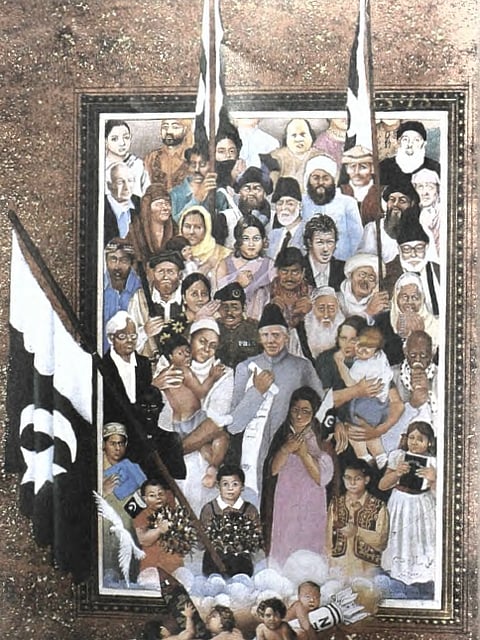Pakistan has been a state since 1947, but is still not a nation. More precisely, Pakistan is the name of a land and a people inside a certain geographical boundary that is still lacking the crucial components needed for nationhood: a strong common identity, mental make-up, a shared sense of history and common goals. The failure so far to create a cohesive national entity flows from inequalities of wealth and opportunity, absence of effective democracy and a dysfunctional legal system.
While it is true that most Punjabis think of themselves as Pakistani first and Punjabi second, this is not the case with the Baloch or Sindhis. Schools in Balochistan refuse to hoist Pakistan's flag or sing its national anthem. Sindhis, meanwhile, accuse Punjabis of stealing their water, the Muttahida Quami Movement (MQM) runs Karachi on strictly ethnic grounds, and in April the Pashtun of NWFP successfully had the province officially renamed Khyber Pakhtunkhwa (against the wishes of other residents). In getting a job, caste and sect matters more than ability, and ethnic student groups wage pitched battles against each other on campuses throughout the country.

